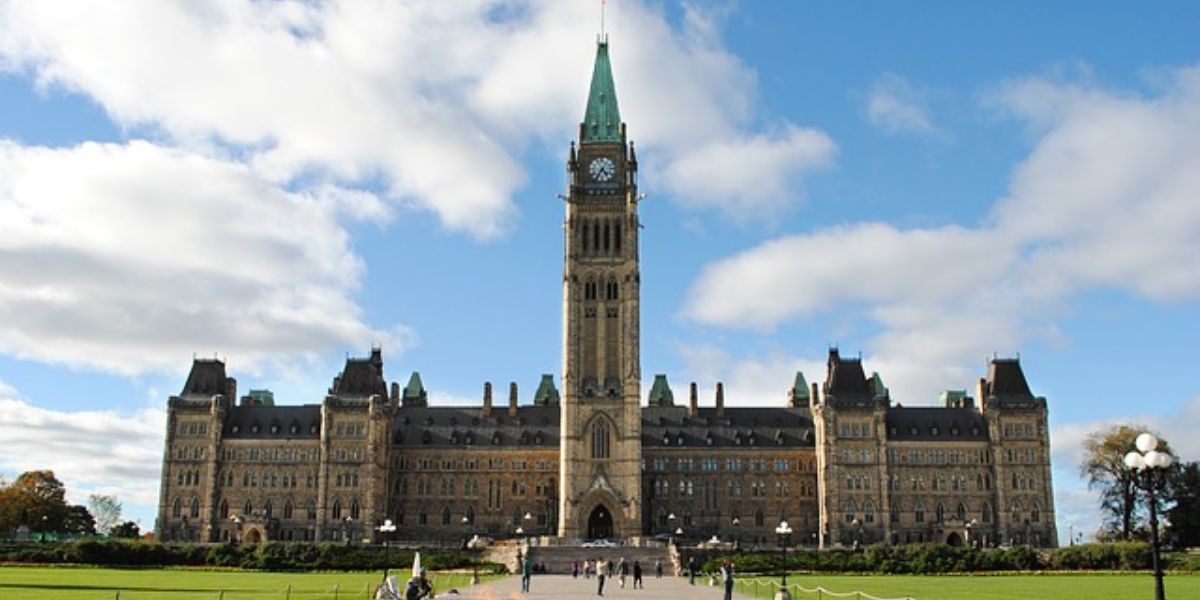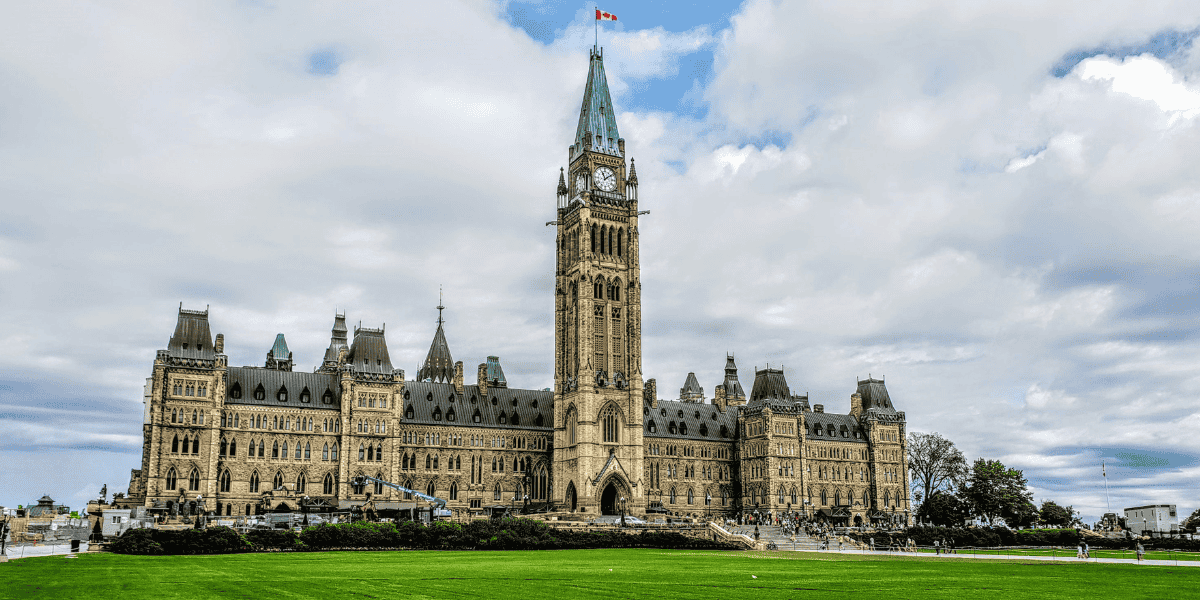Canada’s Department of Finance announced that the Notice of Ways and Means Motion was tabled in Parliament on 10 June, 2024, to deliver greater tax fairness and implement the changes in capital gains taxation announced in Budget 2024.
The legislation proposes to change the capital gains inclusion rate from one-half to two-thirds for corporations and trusts.
For individuals, the same increase applies, but only on the portion of capital gains exceeding CAD 250,000 in a year, effective for gains realised on or after 25 June, 2024.
In addition to these changes, the government is preserving existing capital gains exemptions and introducing new ones.
It maintains the Principal Residence Exemption which ensures Canadian citizens do not pay capital gains taxes when selling their home. As per this rule, the profits from the home sale will continue to be tax-free for Canadian citizens.
Effective from 25 June, 2024, a new CAD 250,000 annual threshold for Canadians will be implemented. This measure will ensure individuals with modest capital gains benefit from the existing one-half inclusion rate. Capital gains from selling secondary properties like cottages will qualify for this threshold. For instance, a couple selling a cottage with CAD 500,000 capital gain would not pay more tax.
Effective from 25 June 2024, the legislation raises the Lifetime Capital Gains Exemption on the disposal of small business shares and farming and fishing property to CAD 1.25 million from the current amount of CAD 1,016,836.
It also introduces the new Canadian Entrepreneurs’ Incentive, designed to foster entrepreneurship by reducing the inclusion rate to one-third on a lifetime maximum of CAD 2 million in eligible capital gains. This initiative will be combined with the new CAD 1.25 million lifetime capital gains exemption.
“Today it is possible for a carpenter or a nurse to pay tax at a higher marginal rate than a multi-millionaire. That isn’t fair. That is why our government is raising the inclusion rate on annual capital gains above CAD 250,000 for individuals,” said Chrystia Freeland, Deputy Prime Minister and Minister of Finance.
“This new revenue will help make life cost less for millions of Canadians, particularly Millennials and Gen Z. It will help fund our efforts to turbocharge the building of 4 million more homes. It will support investments in growth and productivity that will pay dividends for years to come,” she added.














